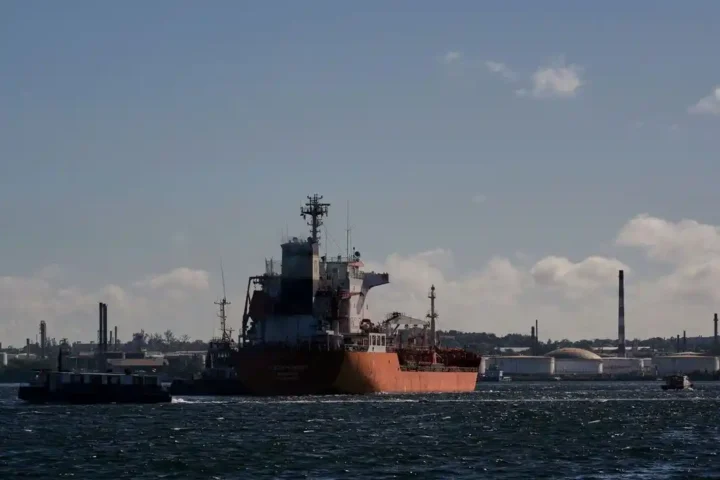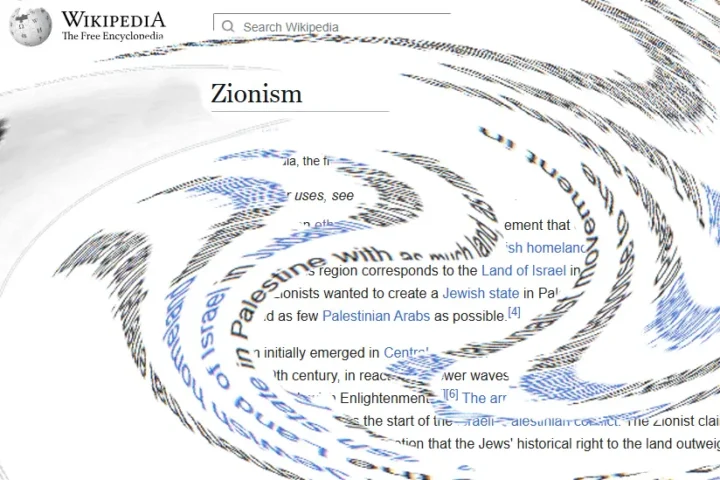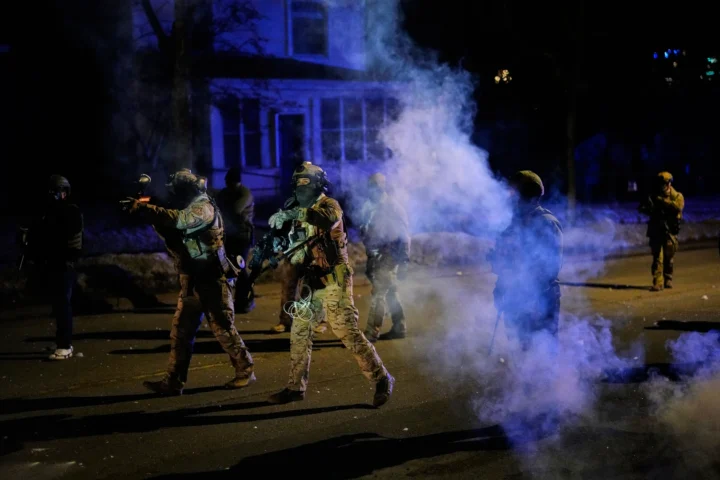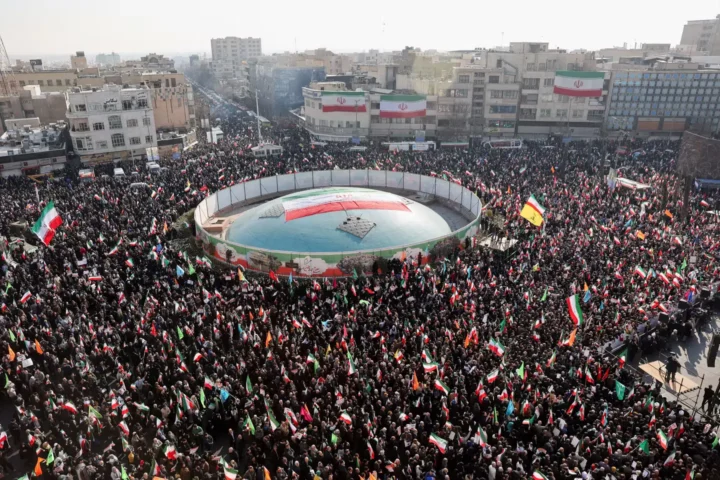The 2024 US presidential election was profoundly shaped by an escalating crisis in Latin America, where the spread of organized crime and so-called “Mafia states” triggered a wave of migration that reached historic proportions. The surge of migrants and refugees at the US-Mexico border became a defining issue, reshaping political narratives and voter priorities.
In recent years, Latin America has faced mounting challenges as criminal organizations gained influence, often intertwining with state structures. This troubling dynamic has fueled widespread instability, forcing millions to flee their homes in search of safety and opportunity. The statistics paint a stark picture: over 2.6 million migrants arrived at the US border in 2022, with that number climbing to 3.3 million in 2023. This humanitarian and logistical crisis placed the issue of immigration squarely at the forefront of US political discourse.
A Campaign Built on Border Security
Donald Trump’s campaign seized on the growing backlash to the immigration crisis, particularly among key voter demographics such as young men, Latinos, and voters without college degrees. His message of “closing the border” and promises to enact “the largest deportation program in American history” resonated deeply with many Americans who felt overwhelmed by the perceived influx of migrants. This strategy proved effective, helping Trump secure reelection by appealing to concerns about national security, economic competition, and cultural shifts.
Trump’s emphasis on border control tapped into a broader sentiment of frustration and fear, amplified by the crisis’s visibility and immediacy. His campaign’s rhetoric underscored a divide in how Americans perceive the role of immigration in shaping the nation’s future.
A Crisis Years in the Making
The roots of the Latin American crisis are complex and long-standing, but recent years have seen a marked intensification of the problem. Organized crime networks have expanded their reach, creating environments where state actors and criminal organizations often collaborate rather than oppose each other. The resulting instability has decimated local economies and eroded public safety, leaving many with little choice but to migrate.
Yet the challenges extend beyond Latin America. Critics argue that the United States bears partial responsibility for the crisis, pointing to its failure to curb domestic demand for illicit drugs and the trafficking of US-made firearms into the region. These factors have perpetuated a cycle of violence and instability, contributing to the conditions driving mass migration.
Polarization and Policy Paralysis
While the immigration crisis has galvanized political action in the United States, it has also exposed deep divisions in the country’s approach to governance and foreign policy. The current emphasis on a “border-first” strategy, while popular among certain constituencies, does little to address the root causes of migration. Instead, it risks exacerbating tensions both domestically and internationally.
Political polarization and discord further undermine the US’s ability to lead on the global stage. With partisan divides growing ever starker, efforts to craft a cohesive and effective response to transregional challenges remain stalled. Observers warn that without addressing the structural factors driving migration—from economic instability to organized crime—the crisis will persist, continuing to impact both the US and its neighbors to the south.
A Shared Responsibility
The 2024 election underscored the intertwined destinies of the United States and Latin America. The two regions have destabilized each other through a lack of coordinated action against the networks trafficking drugs and firearms, as well as the failure to invest in sustainable solutions to systemic problems. Without a shift toward collaborative, long-term strategies, the challenges at the border will remain an enduring and contentious issue in American politics and society.
As the nation grapples with these complexities, it faces a stark choice: continue down the path of reactionary policies or invest in comprehensive approaches that address the intertwined fates of the Americas. The outcome of this choice will shape not only the next election cycle but the future of the region as a whole.











